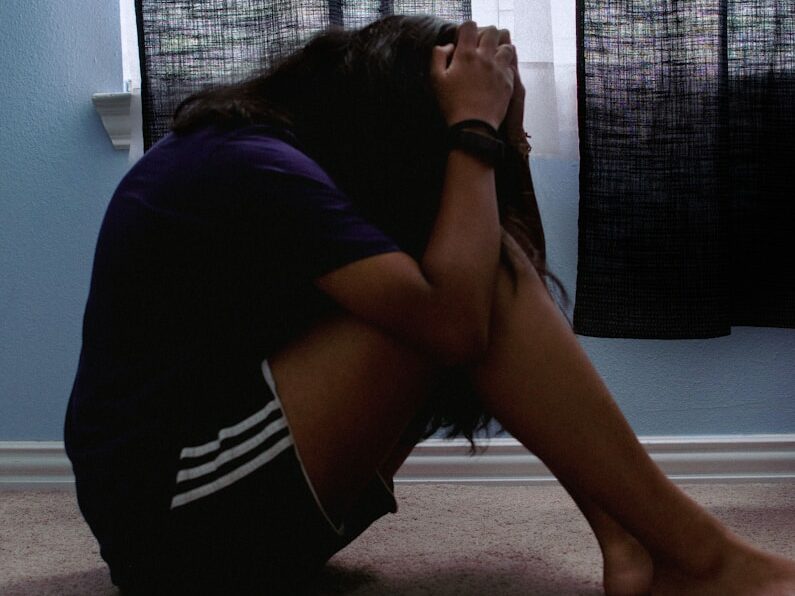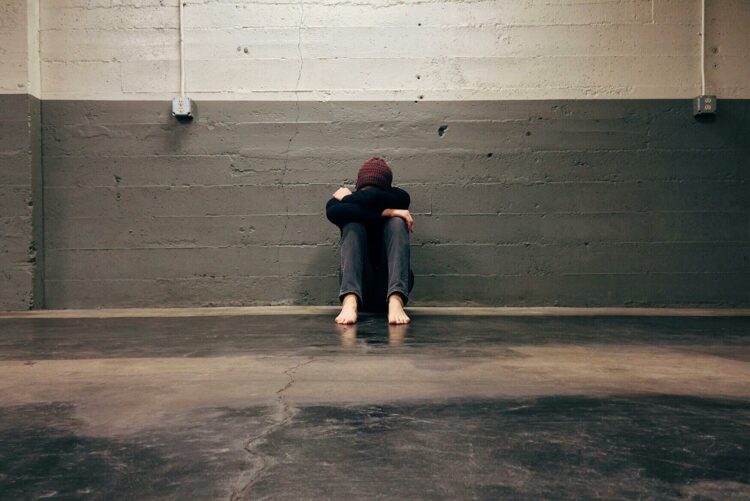
Mental health is a crucial aspect of overall well-being, but it’s surrounded by many misconceptions and myths that can prevent people from seeking help or fully understanding mental health issues. These myths contribute to stigma and can negatively impact those who are struggling. Here are 15 common myths about mental health you probably still believe.
Myth: Mental Illness Is Rare

Mental illness is far more common than many people realize. According to the National Institute of Mental Health, nearly one in five adults in the U.S. experiences a mental health condition each year. This includes a wide range of disorders, from anxiety and depression to more severe conditions like schizophrenia and bipolar disorder. The prevalence of mental health disorders means that almost everyone is either directly or indirectly affected.
Myth: Mental Illness Is a Sign of Weakness

Mental illness has nothing to do with personal weakness or lack of character. It’s a complex combination of genetic, biological, environmental, and psychological factors. Conditions like depression, anxiety, and PTSD can affect anyone, regardless of their strength or resilience. Viewing mental illness as a weakness only adds to the stigma, making it harder for individuals to seek help.
Myth: You Can Just “Snap Out of It”

Mental health conditions cannot be overcome simply by “snapping out of it” or thinking positively. These conditions often require professional treatment, including therapy, medication, or a combination of both. Mental illnesses like depression or anxiety can alter brain chemistry, making it difficult for people to regulate their emotions or thoughts without assistance.
Myth: Therapy Is Only for “Crazy” People

Therapy is beneficial for anyone, not just those with severe mental health issues. People go to therapy for many reasons, including stress, relationship issues, grief, career challenges, and personal growth. Therapy provides a safe space to explore thoughts and emotions, develop coping strategies, and work towards personal goals. The idea that therapy is only for “crazy” people is outdated and harmful.
Myth: Children Don’t Experience Mental Health Issues

Children can and do experience mental health problems. Conditions like anxiety, depression, ADHD, and behavioral disorders can affect children, sometimes even before they start school. Early intervention is critical in helping children develop healthy coping mechanisms and improving their long-term mental health outcomes.
Myth: People with Mental Illness Are Violent and Unpredictable

Most people with mental illness are not violent. They are more likely to be victims of violence rather than perpetrators. The myth that mental illness leads to violence is perpetuated by sensationalized media portrayals that inaccurately depict people with mental health conditions as dangerous. This stereotype not only stigmatizes those with mental illness but also contributes to public fear and misunderstanding, making it harder for those affected to seek the support they need.
Myth: Antidepressants and Other Psychiatric Medications Are a Quick Fix

While psychiatric medications can be an essential part of treatment for many mental health conditions, they are not a quick fix. It often takes time to find the right medication and dosage, and even then, medication is usually most effective when it is combined with therapy and lifestyle changes. Additionally, some medications may take weeks to begin showing their full effects.
Myth: Mental Health Problems Are Permanent

Mental health conditions are not necessarily lifelong sentences. Many people recover fully or learn to manage their symptoms with the right treatment and support. While some conditions may be chronic, many individuals experience significant improvement over time. Recovery is a personal journey, and for many, it involves finding the right combination of treatments, support networks, and self-care strategies to live a fulfilling life.
Myth: Mental Illness Is a Personal Failing

Mental illness is not the result of personal failings or moral shortcomings. It is a complex interplay of genetic, biological, psychological, and environmental factors. Blaming a person for their mental health issues only adds to the stigma and can prevent them from seeking help. Just as we wouldn’t blame someone for developing a physical illness, we need to recognize that mental health conditions are not a choice and require appropriate treatment and support.
Myth: Mental Health Problems Are All in Your Head

While mental health conditions originate in the brain, they can have far-reaching effects on the entire body. Conditions like depression and anxiety can lead to physical symptoms such as chronic pain, fatigue, headaches, digestive issues, and a weakened immune system. The mind-body connection means that untreated mental health issues can manifest as physical ailments.
Myth: If You Have a Mental Illness, You Can’t Work

Many people with mental health conditions lead successful professional lives. With the right treatment and support, individuals with mental illness can perform well at work and contribute meaningfully to their professions. In fact, many workplaces are now more aware of mental health needs and provide accommodations to support employees, such as flexible working hours, mental health days, and access to counseling services.
Myth: Mental Health Problems Are a Normal Part of Aging

While aging can bring about changes in physical and mental health, severe depression, anxiety, or cognitive decline is not a normal part of aging. Older adults should seek help if they experience significant mental health changes, as these conditions are treatable. Ignoring or dismissing mental health issues in older adults can lead to a decline in quality of life and increase the risk of physical health problems, social isolation, and even mortality.
Myth: Seeking Help for Mental Health Means You’re “Crazy”

Receiving help for mental health issues is a sign of strength, not weakness. It shows that you recognize the importance of your well-being and are taking proactive steps to improve your health. Mental health care is as vital as physical health care, and just as we wouldn’t hesitate to get help for a physical illness, we should feel equally comfortable getting support for mental health concerns.
Myth: Only Women Suffer from Mental Health Issues

Mental health issues affect all genders. Men may be less likely to seek help due to societal expectations and stigma, but they also can have mental health problems like depression, anxiety, and PTSD at significant rates. Encouraging them to talk about their mental health is crucial for breaking down harmful stereotypes and ensuring that everyone has access to the care they need.
Myth: You Should Be Able to Handle Your Own Problems

Everyone needs help sometimes, and there is no shame in seeking support. Mental health professionals have been trained to provide the guidance and tools necessary to manage life’s challenges, from therapy and counseling to medication management and support groups. Asking for help is a responsible and courageous step toward recovery, and it can make all the difference in improving one’s quality of life.

Comments
Loading…